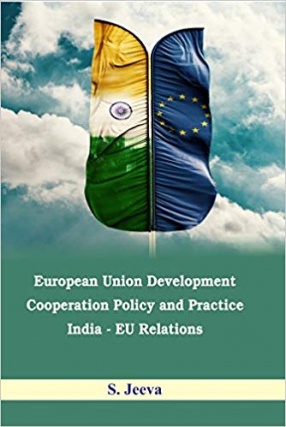European Union Development Cooperation Policy and Practice: India-EU Relations
Development cooperation is a means to provide financial and technological assistance to poor and less developed countries, thereby promoting their long-term social and economic development. The European Development Cooperation Policy (DCP) was initially enshrined in the ‘association system’ established under Part IV of the Treaty of Rome of 1957. The DCP aims at fighting against underdevelopment, enhancing global distributive justice, building a more principled world order, and achieving Millennium Development Goals as well as Sustainable Development Goals. However, in practice, the European Union uses DCP as a ‘soft power’ instrument to achieve its foreign policy objectives. The Union’s achievement in this regard remains a mixed bag of success and failures. The European development assistance with the developing world has a track record, spanning several decades. The present book deals with its positive and negative impacts on the developing countries, taking India as a case.
Get it now and save 10%
BECOME A MEMBER







Bibliographic information